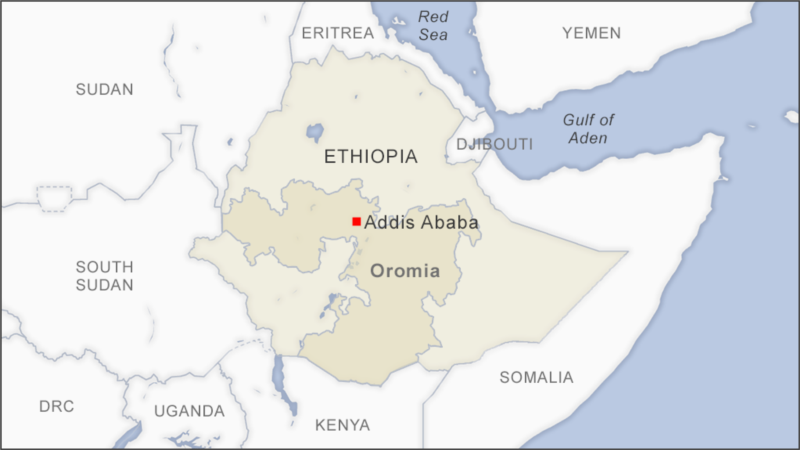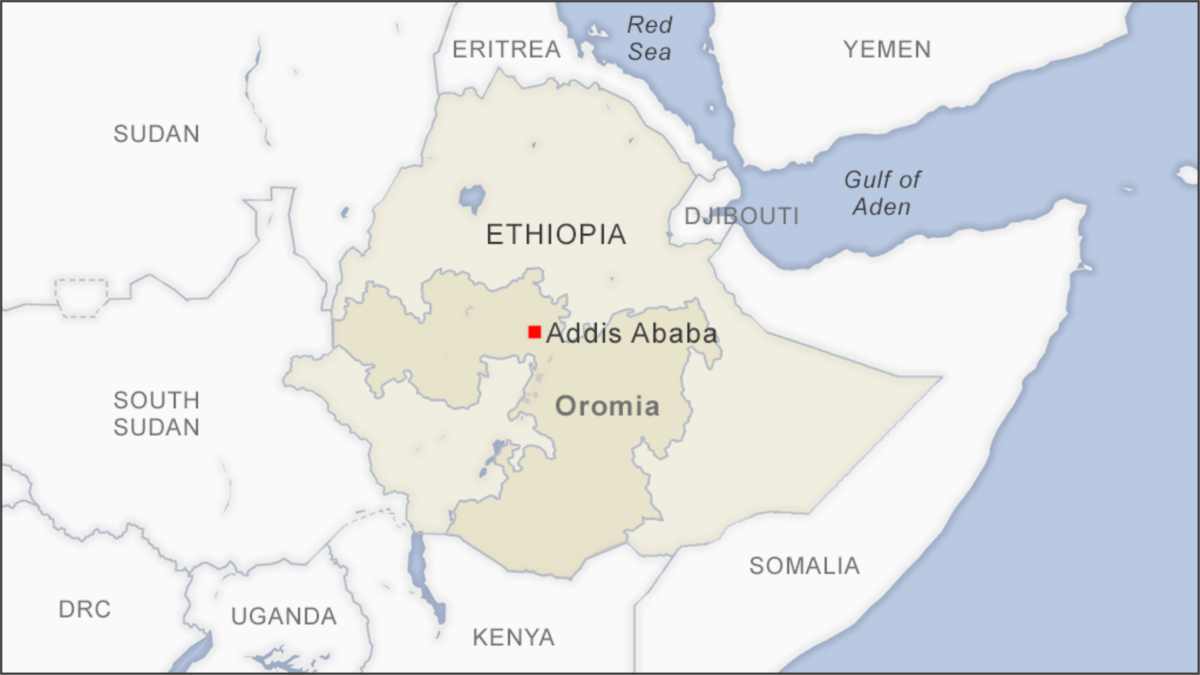This website uses cookies so that we can provide you with the best user experience possible. Cookie information is stored in your browser and performs functions such as recognising you when you return to our website and helping our team to understand which sections of the website you find most interesting and useful.


Rebels from Ethiopia's Oromiya region said Monday they were in Tanzania for a second round of talks with the Ethiopian government to try to end decades of fighting.
The negotiations come more than six months after a first round of discussions between the Oromo Liberation Army (OLA) and Ethiopia's government ended without an agreement.
The conflict in recent years has killed hundreds of people and displaced tens of thousands in Ethiopia's most populous region.
"We remain committed to finding a peaceful political settlement," the OLA said in its statement.
The OLA said it had delayed announcing the negotiations to make sure its team could get safely from what it called the front lines in Oromiya to the venue.
An official close to the mediators, who spoke on the condition of anonymity, said the talks started last week in Tanzania's commercial capital, Dar es Salaam, and is being facilitated by the regional Africa group IGAD.
Ethiopia's government did not immediately respond to a request for comment.
The OLA is an outlawed splinter group of the Oromo Liberation Front, a formerly banned opposition party that returned from exile after Prime Minister Abiy Ahmed — himself an Oromo — took office in 2018.
Oromiya, which surrounds Addis Ababa, the capital, is home to Ethiopia's largest ethnic Oromo group and more than a third of the country's 110 million people.
The talks come as conflict rages on another fault line in Ethiopia, with fighting between the army and the Fano militia group in the medieval holy city of Lalibela last week, residents told Reuters. The government said the area was peaceful.
While Fano has no formal command structure, the part-time militia in northern Amhara region has been battling the army since late July, emerging as the biggest security challenge to Abiy since a war ended in the northern Tigray region a year ago.



 Africana55 Radio
Africana55 Radio 
